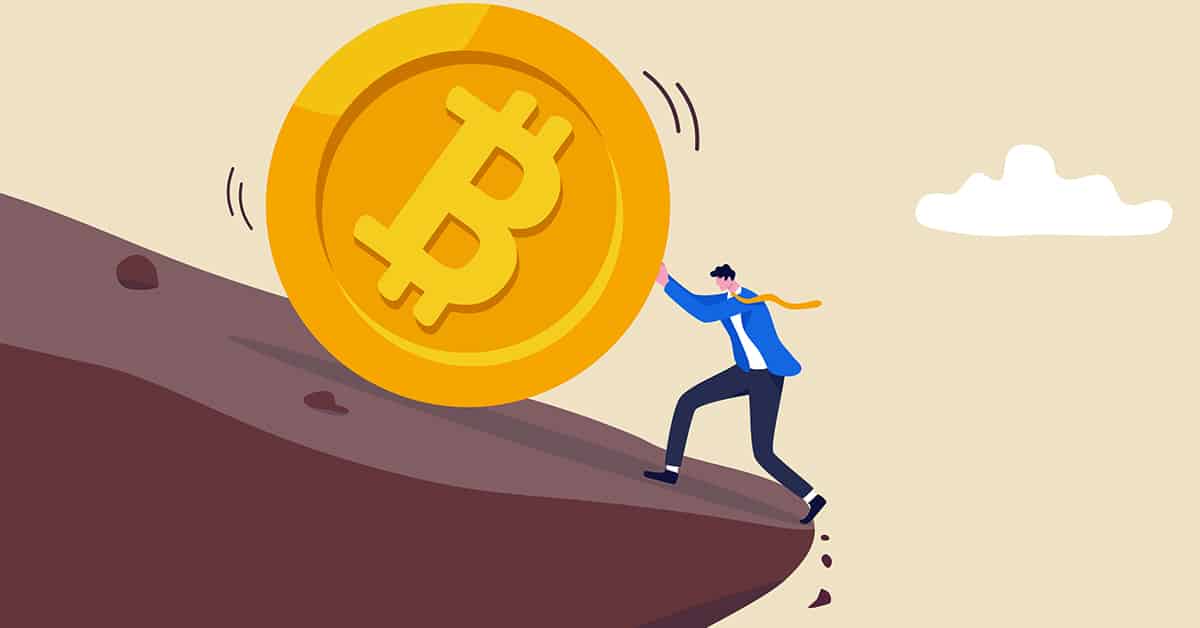Investors may be fleeing Bitcoin but El Salvador's president seems determined to buy the dip.

Depending on your point of view, cryptocurrencies are either a giant Ponzi scheme or a digital liberation of the monetary system with profound implications for financial democracy. El Salvador’s President Nayib Bukele, a self-confessed bitcoin evangelist, is firmly in the latter camp.
On June 30, amid predictions of a “crypto winter”—a contraction leading to low prices for an extended period—the buccaneering Central American country bought 80 bitcoins for $18,990 each, in multiple transactions totaling over $1.5 million. Bukele, the driving force behind El Salvador’s embrace of bitcoin, celebrated the purchase in a tweet: “Bitcoin is the future. Thank you for selling cheap.” But El Salvador’s bitcoin experiment is coming under increasing scrutiny.
Critics say amassing the volatile cryptocurrency at a time when the country needs hard cash to repay debt is an unnecessary distraction. Moody’s Investors Service, which downgraded El Salvador’s rating in May to Caa3 with a negative outlook, says liquidity pressures will intensify in the second half of this year ahead of an $800 million bond maturity in January. The rating agency predicts that the probability of a restructuring or even default, will increase.
El Salvador was the first country in the world to make bitcoin legal tender, despite calls from the International Monetary Fund to reconsider the decision. In May, it acquired 500 bitcoins worth a total of $15.4 million at an average price of $30,744 each. In total, El Salvador had at that point accumulated 2,301 bitcoins worth $106.3 million in a buying spree that began last year. But, according to CoinDesk, the country is down more than 50% on its bitcoin gamble and its portfolio was worth $46.6 million at the end of June.
Still, the government claims the exposure is manageable. The country’s finance minister said in May that El Salvador’s bitcoin losses represented less than 0.5% of its annual budget at that time. Defenders of Bukele’s strategy say the president is trying to break free from the shackles of the dollar. “Many people are forgetting the havoc a dollarized economy caused to El Salvador’s economy and are looking at bitcoin as a scapegoat,” Dion Guillaume, global head of public relations and communication at Gate.io, tells Global Finance.
Financial and International Business Association president David Schwartz says the strategy could also enhance the country’s investment appeal. “President Bukele sees bitcoin as the future, and a way to stimulate economic growth and attract investors to El Salvador.”



